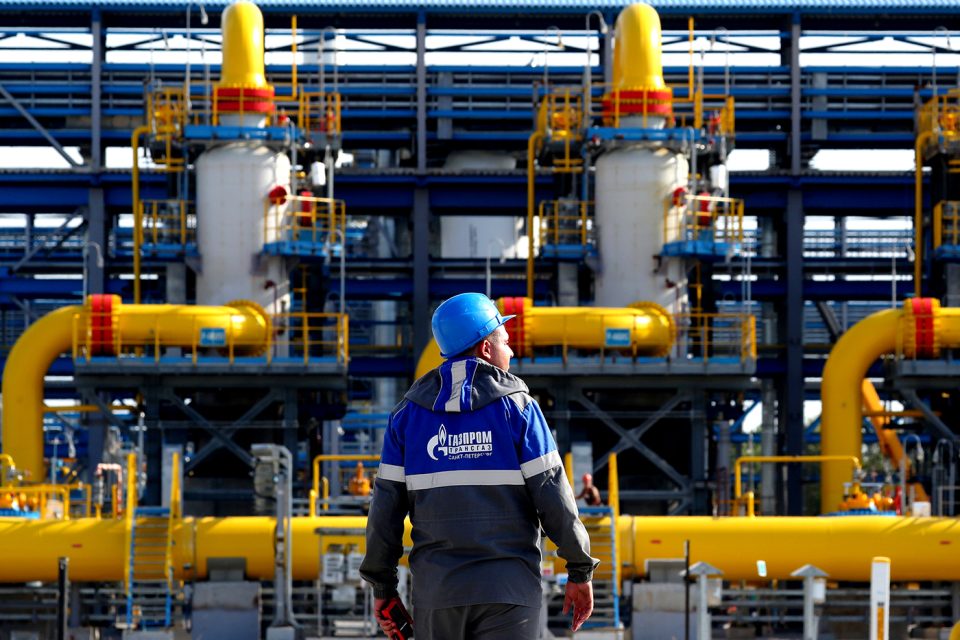As Europe attempts to abandon Russian energy supplies, Greece is becoming a gateway for LNG because it is surrounded by sea.
In about a month, Greece will finish building a pipeline to Bulgaria that will end Russia’s gas monopoly there and in southeast Europe.
Russia has supplied 90 percent of Bulgaria’s gas until now, but on April 27, it cut Bulgaria off after Sofia said it would not renew its contract with Russian gas giant Gazprom at the end of the year.
Poland said the same, and suffered the same fate.
“[Russian President Vladimir] Putin didn’t want it to seem as though he’d lost clients, so he threw them out early,” said Mike Myrianthis, an oil industry veteran and analyst.
Bulgaria is now looking to the Interconnector Greece-Bulgaria, as the new pipeline is called, to supply it with gas from Azerbaijan, which Greece receives via the Trans-Anatolian pipeline that traverses the Caucasus and Turkey.
“Since a few days ago, Bulgaria is already out of the [Russian] pipeline system and fully dependent on Greece [for gas]. That has never happened before. Greece has never been responsible for securing another country’s energy security,” said Michalis Mathioulakis, who heads the Greek Energy Forum, a think-tank.
What gives the IGB strategic importance, however, is that it could soon become the means for supplanting Russian gas throughout the Balkans with liquefied natural gas from the US, Qatar, Egypt and elsewhere.
On January 31, a consortium of Greek, Cypriot, Bulgarian and Italian companies announced that they will build a floating terminal to import LNG offshore Alexandroupolis, in northern Greece.
This floating storage and regasification unit (FSRU), which will re-vaporise liquefied gas, will connect to the IGB pipeline and start supplying it at the end of next year.
“I firmly believe that we are witnessing a new dawn in Europe’s energy independence,” said European Council president Charles Michel, at a ceremony to highlight the FSRU in Alexandroupolis on May 3.


